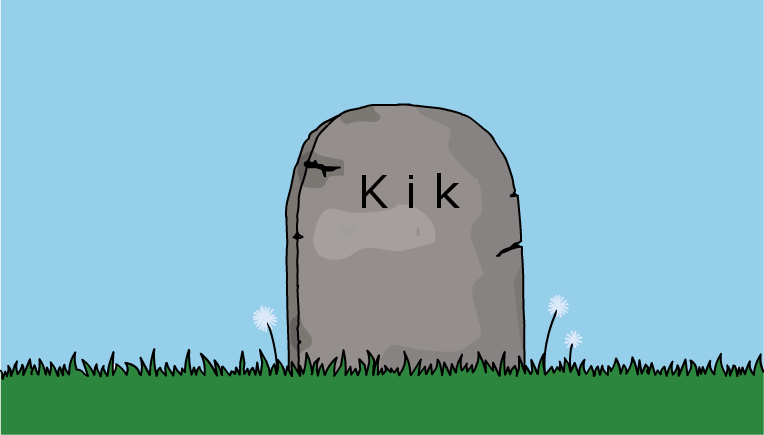
Five years ago I penned this article about some intriguing user behavior I had witnessed in Bangkok. Specifically, consumers in Bangkok (the most Instagrammed location in the world) would scroll a merchant’s Instagram page to peruse photos of their wares. In her Instagram Bio, the merchant may mention a few commercial words about the product, but inevitably also include her LINE ID. This allows the merchant to engage directly with each prospective customer and build trust, ultimately even completing a bilateral transaction outside of the platforms.
What I had witnessed appeared so novel at the time that my piece was picked up by a bit of press (Washington Post, Chicago Tribune, Mary Meeker’s Internet Trends, etc.). This press attention was obviously flattering, but the real appeal was that what I had witnessed was perceived as truly cutting edge user behavior at the time. I had argued in my article that users were sending a message, loud and clear, to messaging app LINE to seize the compelling opportunity staring them in the face.
Now with the benefit of hindsight, with the rise of Instagram and the imminent integration of all three platforms (Instagram, Facebook Messenger, and Facebook) into the single blue app — it’s clear that LINE failed to capitalize on the opportunity.
Yet alert readers at the time also helpfully pointed out to me that even back in 2014, there was already an existing player in the messaging app space who was capitalizing on this: Canadian messaging app Kik. Consumers in North America were apparently using Kik in a similar fashion to contact artisanal glassblowers for custom bong (er I mean decorative tube) designs they observed on Instagram.
These memories were triggered yesterday when I read that Kik’s messenger app is kicking the bucket. Apparently the app simply couldn’t compete with the crowded field (driven initially by WeChat and LINE, then later by Signal, Telegram, and even Facebook Messenger).
Beyond pioneering the notion of “messaging commerce,” Kik also proved its leadership in other areas. For example, I believe Kik was the very first (if not one of the first) to introduce HTML5 games onto their platform. I also recall some two years ago when Kik announced the creation of the Kin token, one of the earliest companies to create a cryptocurrency with a clear utility for enhancing the community of an existing business, a unique vision when the fashion at the time was simply to cash in on an ICO gold rush.
I guess one lesson in this which we’ve seen before in many cases is that being the first in something — or even having the best mousetrap — is not always a recipe to becoming the winner. Call it first-mover disadvantage perhaps.
I always admired Kik. I liked their products, and I admired the handful of senior executives whom I had met on occasion in the past. What a solid group of quality individuals. I wish them all the best. May they be remembered for the imprint they’ve left. And I wish the remaining team at Kik the best in innovating their way into the company’s next adventures.
